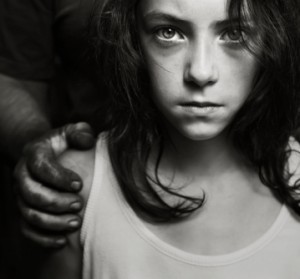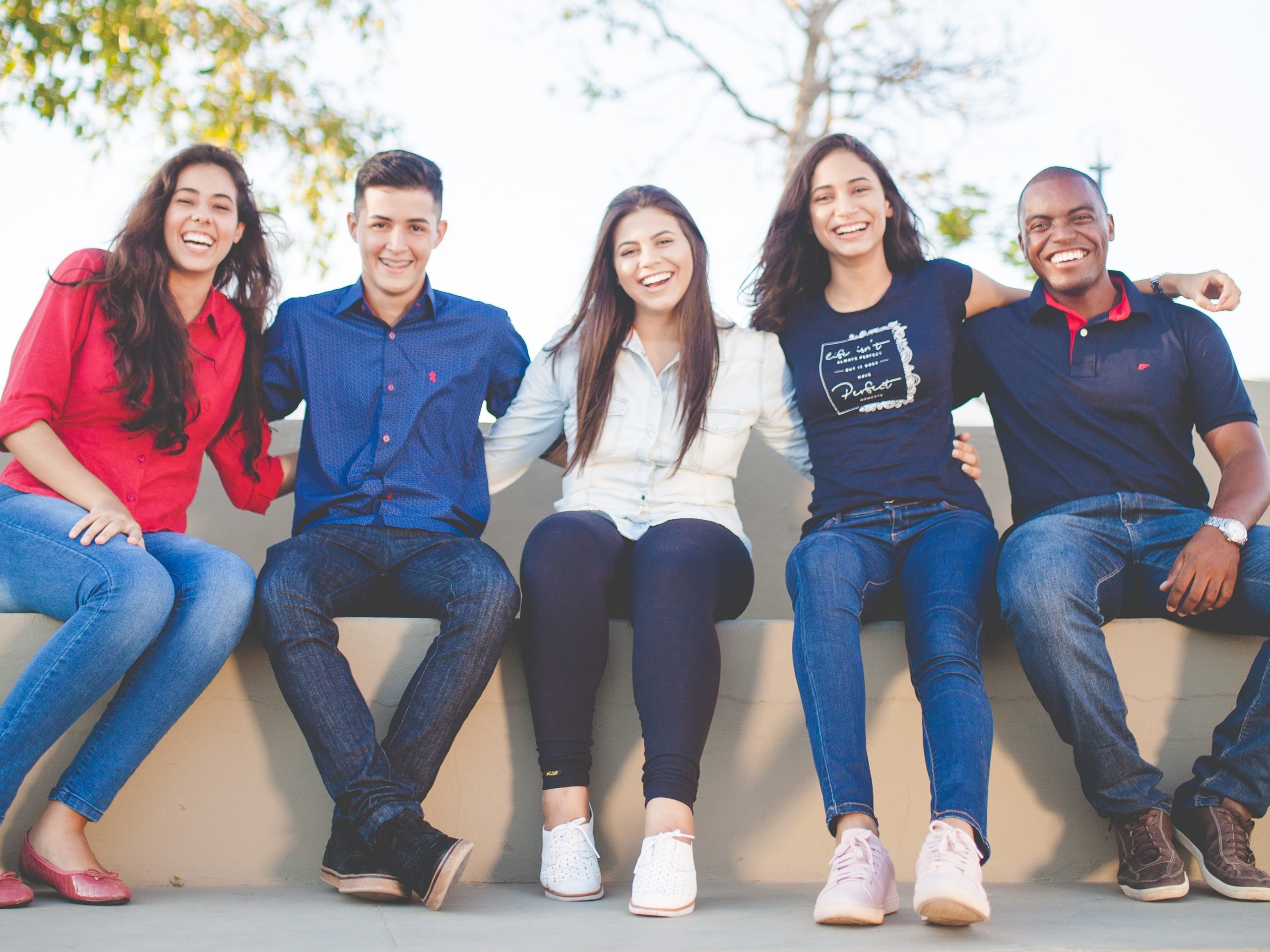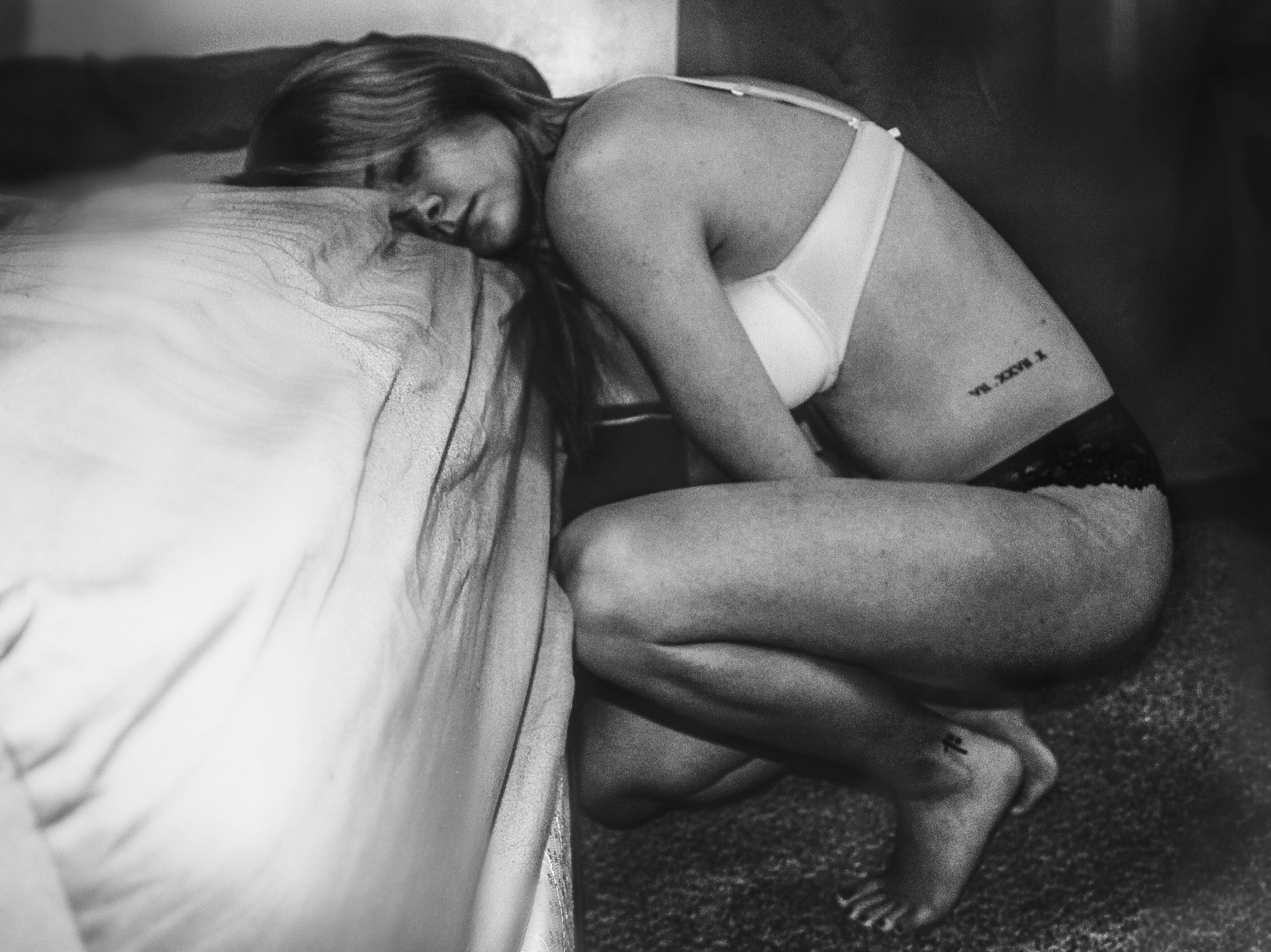New relationship education teaching consent and abuse recognition might become compulsory to primary school students in September, which raised parents’ concern of early access to sexuality for children. Are young people satisfied with present sex education?

“Where do I come from?” is a world-wide question asked by kids, and answering this is a world-wide problem for parents. This phenomenon seems to tell us: Parents always have trouble in “giving the talk” to their children. Recent changes in English schools’ Sex Education have pushed their concerns to a higher level.
According to the guidance given by the Department of Education, Relationship Education will become compulsory for primary school students in September 2020. In this course, students will learn to recognise different types of abuse, including sexual abuse. In Relationship and Sex Education (RSE), which is given in secondary school, more knowledge about understanding human sexuality will be taught from different aspects.
Taking up a small percentage in the whole school curriculum, sex and relationship education is usually not prioritised as much as other courses. However, these changes gave parents and society a chance to really look into what sex education kids are receiving in school. As a result, it raised their worries.

According to the Telegraph, a group of parents has complained to the government claiming that some lessons would expose their children to aspects of life that don’t correlate with their families’ views. Some other parents believe that if the lessons become compulsory, schools and the government are taking their right to teach kids about sex and many other sensitive topics at the pace they want.
As well as parents, some campaigns have stood against the new guidance. Campaign group Let Our Kids Be Kids states that the lessons in school are a “breach of parents’ rights” and will leave the UK with an “educational regime”, because parents can no longer educate their children about sex and relationship with their own religious or philosophical convictions.
Some other campaigns think the RSE course right now is “sexualising children at an early age” and spreading “gender ideology”.
However, instead of campaigns and parents, young people are the real target of RSE in schools. They are one of the most qualified groups to judge the sex education they have received from school. So what do they think of it?

Chloe, a postgraduate student from Bristol, explained the sex education she received in school.
According to Chloe, school will teach puberty at age 10, which includes periods and some bodily changes that were to come. At Year 9 (age 14-15), she learnt the science behind periods and sex.
“It was good, informative and helpful.” Said Chloe.
However, sexuality is not just about science. When young people are old enough to feel the brand new feeling of joy given by hormones, questions and concerns came along, too. But what they learnt at school did not answer their concerns.
“In Year 9, we learned nothing actually about sex (like what to do, when is appropriate to do it etc.) rather than how to use a condom,” said Chloe, “it left a lot of us feeling very worried and insecure about it.”
The first time Chloe learnt about consent from school is in the first week of university. But she thinks it is “too late for a lot of people”.
Trend TV series show a huge leak in Sex Education
The sex education Chloe learnt from school didn’t solve all her concerns about sexuality. On the contrary, it left her with a lot of worries. So it is with many other girls and boys. With the release of BBC TV series I May Destroy You, problems with current sex education is pointed out and discussed by young people online.

Actress Hannah McDonald published an article in British online newspaper, The Independent, saying that this show has given her a better sex education than school ever did. In this series, a boy takes off the condom during sex with the protagonist, Arabella. But she didn’t notice it. This reminds Hannah of a similar thing which happened between her and her boyfriend. Watching this show makes her realise that she is not the only one to have bad experiences in sex and in relationships. Similar things happen a lot to many people. But due to the lack of knowledge about sexuality, such as consent, many of them don’t know what to do except for convincing themselves to accept the truth.
Just like Hannah, many other young people are triggered by I May Destroy You. They felt glad that hidden issues surrounding the young such as rape, suicide and sexual harassment were finally written in a screenplay and brought up to the table. A Twitter user “Shansdoe” posted: “‘I May Destroy You’ is triggering for the fact that I see a lot of myself in her character as well as other people.”
Many others compared this series to school sex education. They pointed out that schools should let them know the negative parts related to sex and relationships. What’s more, schools should teach them how to respond when bad thing happen.
“Schools are failing their students by not providing them with knowledge of the myriad of sexual encounters that can exist,” Hannah wrote in the article, “sex education being given in schools needs to be re-evaluated to prevent more vulnerable people being exposed to sexual assault.”
Kids know more about sex than we expect
Although problems and questions always exist, most of the kids and young people, especially girls, choose to bury their negative experiences secretly. According to a children’s charity Plan International UK, 19% of girls aged 14-21 have experienced sexual harassment in public spaces during lockdown. However, more than one quarter (26%) among them didn’t tell anyone about the unpleasant experience.
This is what happens when no one around can talk about sex with them appropriately.
Although evidence shows that sex education can prevent kids to experiment with it at an early age, many parents still think the opposite and therefore avoid to have the sex talk with their kids. As a result, they will either give up learning about it or receive information through other ways, such as the online media. Chloe chose the latter option.
“The formal education left us with a lot of confusion and uncertainty” said Chloe, “We had to rely on TV and media.”
However, she also pointed out that information from digital space shows a wide range of attitudes towards sex because it’s highly based on personal experience.
“Sometimes it encourages promiscuous behaviour, sometimes it shames it, sometimes it even romanticises inappropriate behaviours (assault and lack of consent etc), ” said Chloe, “Sometimes the information is helpful, but a lot of it is misinformed.”

Researchers from the Institute of Development Studies give the same result as well. On July 2020, they published a report about how young people learn about sex in digital space. The report states that “there is no standardisation of digital sex education content, instead, platforms have a rich diversity of goals, content and audiences, accurate and inaccurate information.”
Without an educational purpose, digital content about sex in popular platforms, such as in porn and popular digital media, focuses more on pleasure. This makes a lot of young people have high expectations and provides misleading information, such as misunderstanding of consent.
Chloe thinks how the media portrays the high expectations about sex gives boys the wrong impression of girl’s feeling in sex and relationships. But media seldom teaches them that respect and communication are the key to approach healthy and satisfying intimacy. At this point, if girls are too shy to express their true feelings, this may lead to unwanted sexual experiences for them.
“Boys are likely to hear ‘maybe’ or ‘ok’ as consent, which is obviously not actually eager consent,” Chloe explained her understanding of real consent and how different genders view the situation, “girls are more likely to say yes (giving perceived consent) because they feel like they have to, but they might not actually want to.”
Her understanding represents a lot of girls who are triggered by the TV series and shared their experience of getting unwanted intimacy with boys they like or are in a relationship with. But not all of them are lucky enough to be educated and to understand the problem behind like Chloe and Hannah do.
Different approaches from schools
Although the new Department for Education (DfE) statutory guidance explains what schools in England must and should deliver, the real content of Sex Education and Relationship Education is decided by schools and local authorities. The situation is the same in schools in Wales, Scotland and Northern Ireland.
Jane, mother of a 10-yer-old girl, said that her daughter learnt RSE in a milder way because she is in a Catholic school.
Instead of learning human reproduction, Jane’s daughter learnt the reproduction of plants at first. In her school, when they are old enough, the teacher will separate girls and boys into different rooms during RSE lessons.
Although Catholic schools may have more freedom in choosing the content and approach, Jane believes her daughter’s school did and will try their best to deliver the awareness of equality and respect to students.
“When a kid said bad, like racist things to another kid, my daughter thought it was wrong,” said Jane, “she told me, so we talked to the teacher about it.”
A teacher from Scotland named Shona Fraser said on Twitter that Sex Education is no longer segregated in her school, which she thinks is great.
“Our whole class learned about both anatomies, birth control, stds, consent, homosexuality and urinary tract infections.” Said Shona, “still had to explain tampons to the boys but they were less squeamish about it than grown men.”
Facing the new rules, schools and local governments are still trying to find the best approach to teach, so kids can understand the real world in a better and safer way, just like how the Department of Education (DfE) has stressed the importance for pupils to access more information about sexuality and relationships from school.
“These subjects are designed to foster respect for others and to educate pupils about healthy relationships. Schools are best placed to understand their pupils and the guidance gives them the flexibility to tailor their teaching to the needs and backgrounds of the young people in their care.”
No matter how much debate and discussion we have had around Sex Education, everyone’s purpose should be the same: to help every young kid grow into a better adult.
